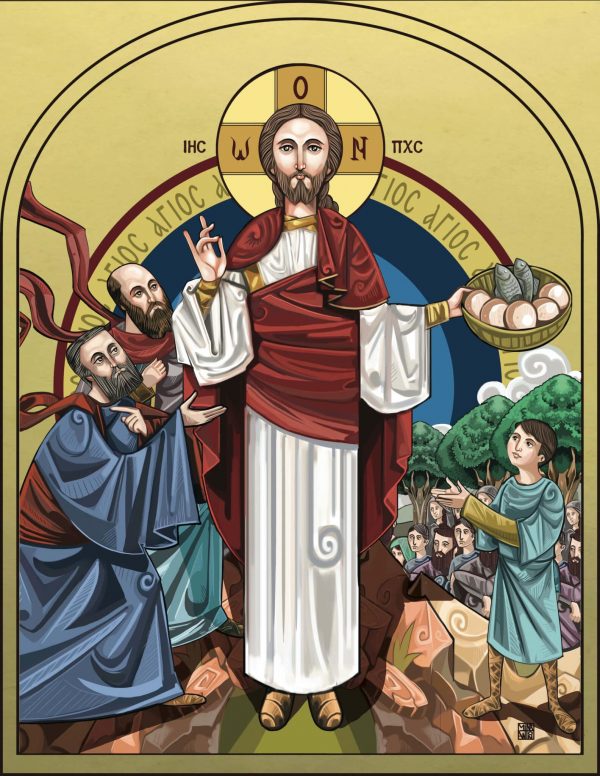378 total views
Homily for Wednesday of the Fourth Week of Easter, 3 May 2023, Jn 14:6-14

The one common trait that the twelve apostles personally picked out by Jesus had was audacity. Think for instance of James and John and how they dared to ask to be seated, one on the right and the other on the left of Jesus. Or think of Simon whom Jesus called Peter, how he dared to interrupt Jesus’ conversation with Moses and Elijah and suggested to build three tents for them. Then there is Thomas—the guy who said to his companions, “Let us go and die with him in Jerusalem!” He was the same guy who also said, “I won’t believe unless I see the nail-marks in his hands and put my hand in the wound on his side.
Even his female disciples were the bold type—look how Mary Magdalene dared to go to the tomb early before dawn to anoint his dead body. Or think of the two sisters Martha and Mary of Bethany—how Martha scolded Jesus for allowing his sister to sit at his feet like a disciple to a Rabbi.
Well today, I propose that nothing beats the boldness of Philip—the only one among them who had the gall to say, “Show us the Father, and that will be enough for us.” His request reminds me of Moses who said to Yahweh his God, “If you really treat me as your intimate friend, why don’t you show me your face?”
Here it’s like Philip is saying, “You’ve been telling us about your Father. But we’ve never seen him. He’s invisible to us. Why don’t you show us the Father’s face? That will be enough for us.”
It’s the request that becomes the occasion for Jesus to make a most important disclosure, or revelation: “The Father and I are one.” Not only does Jesus insinuate that seeing him is as good as seeing the Father, he goes to the extent of saying that faith in the Son will empower them to do not just the works of the Son, but even greater things than the Son could do, and that anything they asked of the Father in the Son’s name would be granted.
Today we celebrate two of the twelve apostles. While it is right to call the twelve “apostles”, it is wrong to restrict the term “apostles” to the “twelve”. Paul himself was not one of the twelve, but we call him an apostle. In our first reading, he makes a distinction between “the twelve” and “apostles”. Although he affirms that the risen Christ had indeed appeared to the twelve, he points out that the Lord had appeared to many others too and had also sent them out to participate in his mission.
The disclosure being made by Jesus to Philip in the Gospel is expressing this very clearly. He says, “The words that I speak to you I do not speak on my own.�The Father who dwells in me is doing his works.” Because the Father dwells in the Son, the Father could speak and act through the Son. And because the Son dwells in his disciples, the Son could now also speak and act through his disciples. It goes for every disciples, for that matter—they follow him precisely so that they could be sent to represent him, or to speak and act in his name.


















